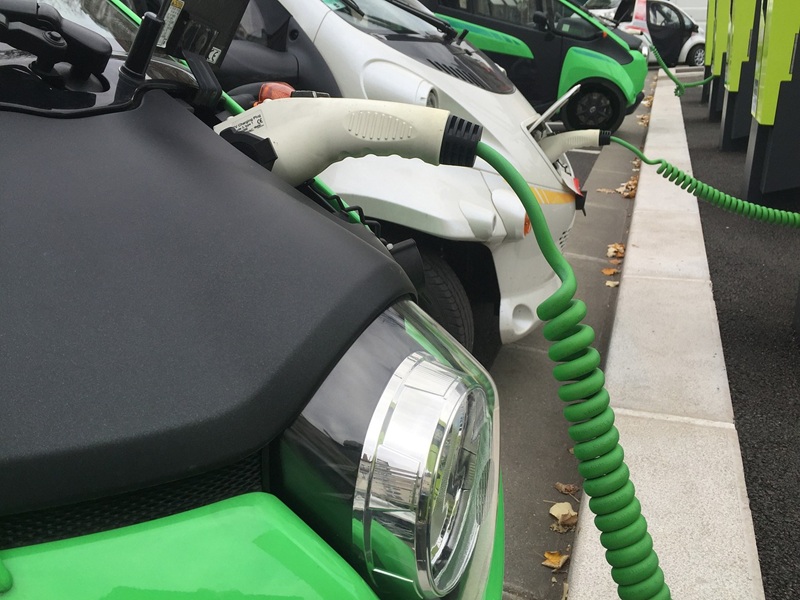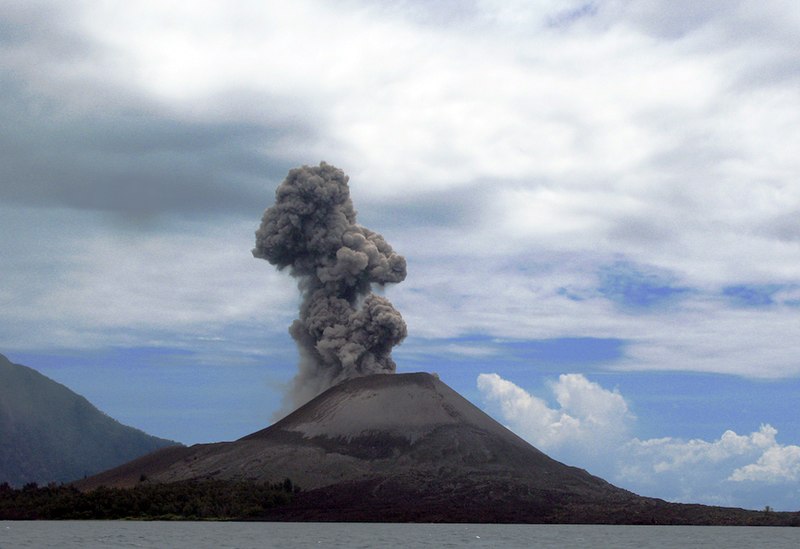A federal judge has blocked the Trump administration from withholding billions of dollars in congressionally approved funding for electric vehicle (EV) charging infrastructure in 14 states, delivering a significant legal blow to White House efforts to curtail clean energy initiatives.
U.S. District Judge Tana Lin ruled on Tuesday that the administration overstepped its constitutional authority when it froze funding previously approved by Congress in the 2021 Bipartisan Infrastructure Law. The preliminary injunction requires the release of funds to Arizona, California, Colorado, Delaware, Hawaii, Illinois, Maryland, New Jersey, New Mexico, New York, Oregon, Rhode Island, Washington, and Wisconsin.
“When the Executive Branch treads upon the will of the Legislative Branch, and when an administrative agency acts contrary to law, it is the Court’s responsibility to remediate the situation and restore the balance of power,” Judge Lin wrote in her order.
The ruling does not apply to the District of Columbia, Minnesota, and Vermont, which failed to provide sufficient evidence that they would face “irreparable harm” if funding wasn’t immediately released.
The National Electric Vehicle Infrastructure (NEVI) Formula Program, created under the 2021 Bipartisan Infrastructure Law with strong bipartisan support, allocated $5 billion over five years to build charging stations nationwide. All 50 states, plus Washington D.C. and Puerto Rico, had submitted and received approval for their infrastructure deployment plans.
However, in February 2025, the Trump administration ordered states to stop spending the funds and rescinded approval of all state plans pending a policy review. The Federal Highway Administration told states that “no new obligations may occur under the NEVI Formula Program” until updated guidance was issued.
Similar Posts:
States swiftly challenged the decision, arguing it would disrupt ongoing projects and harm their ability to build necessary infrastructure. According to court documents, New York alone reported having $120 million in NEVI funds withheld out of the $175 million it had been awarded.
The legal battle highlights the tension between presidential authority and congressional spending power. States argued that halting the funds midstream created immediate harm, while the Trump administration contended it was merely pausing the program to align it with “current policies and priorities.”
“The administration cannot dismiss programs illegally,” California Attorney General Rob Bonta said after the ruling. “We are pleased with today’s order blocking the Administration’s unconstitutional attempt to do so.”
The NEVI program aims to address “range anxiety” – a major barrier to EV adoption – by installing fast-charging stations every 50 miles along major highways. So far, the program has resulted in about 60 charging stations with approximately 268 ports nationwide, though progress has been slower than anticipated due to contracting challenges, permitting delays, and complex electrical upgrades.
The judge’s order will take effect on July 2, giving the administration time to appeal. The White House and Department of Transportation have not yet commented on whether they will challenge the ruling.

Critics of the administration’s freeze point out that the NEVI program had achieved broad, bipartisan participation and that all 50 states had engaged with the program. By late 2024, $2.4 billion had been allocated to states, with funds tied to approved plans and contracts that made reversal legally difficult.
The ruling represents a victory for states that had dedicated their own resources to EV infrastructure in expectation of federal support. Judge Lin noted that states had lined up private-sector partnerships, solicited construction bids, and secured sites for charging stations before the administration’s policy shift.
For now, the judge’s decision means states can resume their efforts to build out charging networks along designated corridors, potentially accelerating the nation’s transition to electric vehicles while the broader political and legal battles over clean energy policy continue.


















